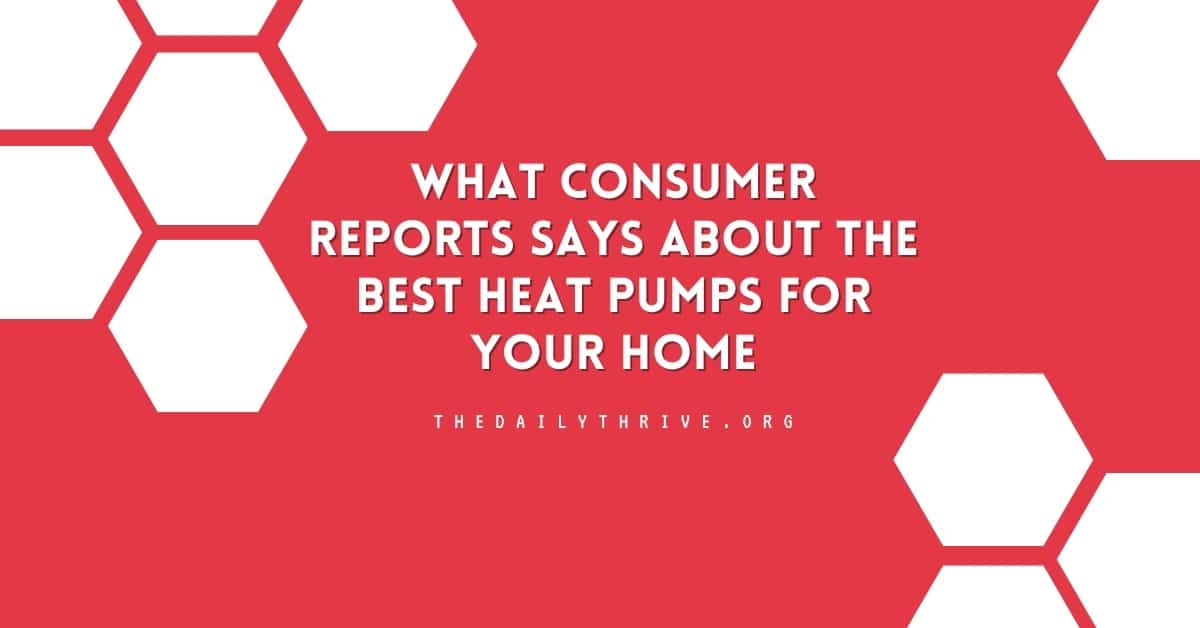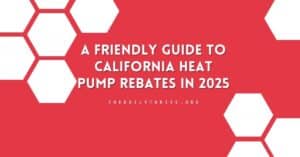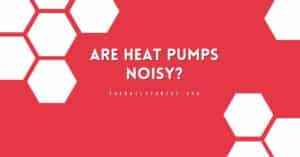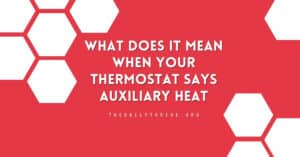In an era of rising energy costs and a global push for decarbonization, heat pumps have emerged as the undisputed champions of residential heating and cooling. No longer just a niche product for mild climates, advanced cold-climate air source heat pumps (ASHPs) and highly efficient geothermal systems are transforming homes across the globe, including those in colder regions. But with a plethora of brands and models on the market, how does a homeowner cut through the noise to find the “best” heat pump?
Enter Consumer Reports, the independent, non-profit organization dedicated to unbiased product testing and ratings. While their full, detailed reports are typically behind a paywall, their overarching findings and methodology offer invaluable insights into what truly makes a heat pump stand out.
For 2025, their emphasis, much like the industry’s, remains firmly on reliability, energy efficiency, performance in varying climates, and owner satisfaction.
Consumer Reports’ HVAC ratings aren’t just based on laboratory tests; they combine rigorous technical evaluations with massive subscriber surveys. This dual approach provides a comprehensive view:
- Laboratory Testing: CR conducts in-depth testing of heat pump efficiency (SEER2/EER2 for cooling, HSPF2/COP for heating), noise levels (both indoor and outdoor units), and heating capacity at various temperatures, including very low ones for cold-climate performance.
- Member Surveys: Crucially, CR collects data from tens of thousands of its members who own and use heat pumps. These surveys gather information on:
- Predicted Reliability: How likely a brand’s heat pump is to develop problems within the first 8-10 years of ownership. This is a critical metric, as repair costs can quickly negate energy savings.
- Owner Satisfaction: How happy owners are with their purchase, considering factors like comfort, quietness, ease of use, and overall value.
- Specific Problems: Common issues reported by owners, which helps identify design or manufacturing flaws across brands.
This blend of scientific testing and real-world owner experience makes Consumer Reports a trusted resource for evaluating long-term performance and value.
Heat Pumps Brands Consistently Praised by Consumer Reports
While specific models and rankings can fluctuate with new product releases and updated survey data, certain brands consistently perform well in Consumer Reports’ evaluations, demonstrating a strong track record of reliability, efficiency, and owner satisfaction.
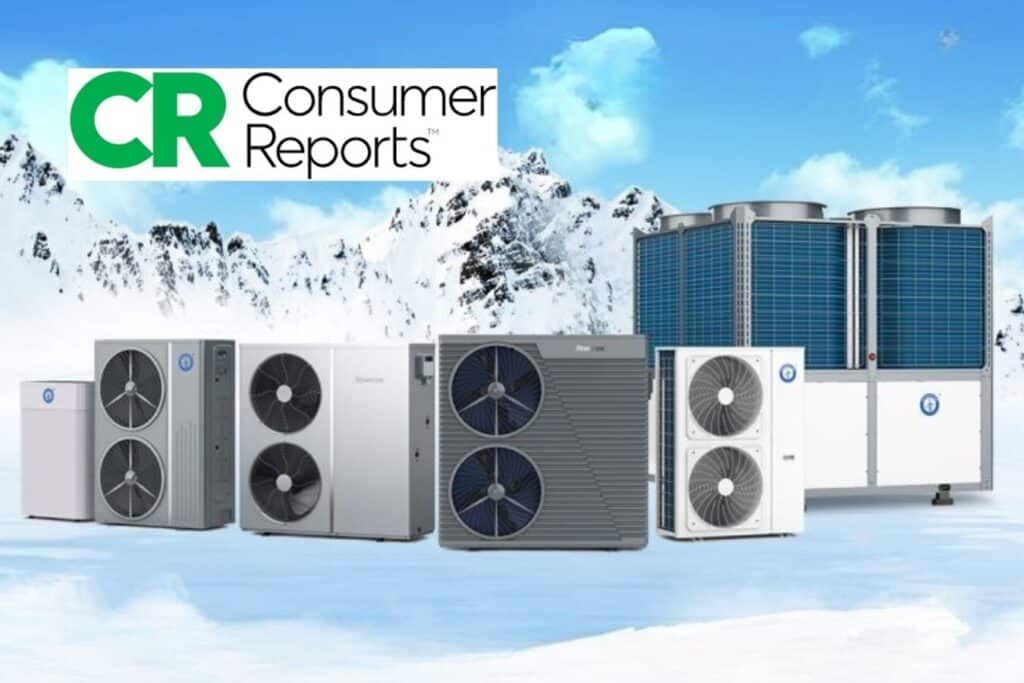
Based on recent available data and industry trends aligning with CR’s focus, these heat pump brands often appear at or near the top:
Mitsubishi Electric (especially Zuba and Hyper-Heat series)
Mitsubishi is a dominant force in the heat pump market, particularly for ductless mini-splits and cold-climate air source systems. They consistently earn high marks for reliability, quiet operation, and exceptional cold-weather performance. Their Hyper-Heat technology is designed to deliver significant heating capacity even at extremely low outdoor temperatures (down to -15°F / -26°C or lower). Owners frequently praise their ability to maintain comfortable indoor temperatures without relying heavily on auxiliary heat.
Key Strengths (aligned with CR's focus): High SEER2/HSPF2 ratings, strong low-temperature heating capacity, low reported problems, high owner satisfaction.
Considerations: Often come with a higher upfront cost, though their efficiency leads to significant long-term savings.
Trane / American Standard
These are essentially the same systems under different brand names, known for their robust construction, reliability, and powerful performance. Consumer Reports has previously highlighted Trane and American Standard for their strong reliability and good overall owner satisfaction. They offer a wide range of models, including high-efficiency variable-speed units.
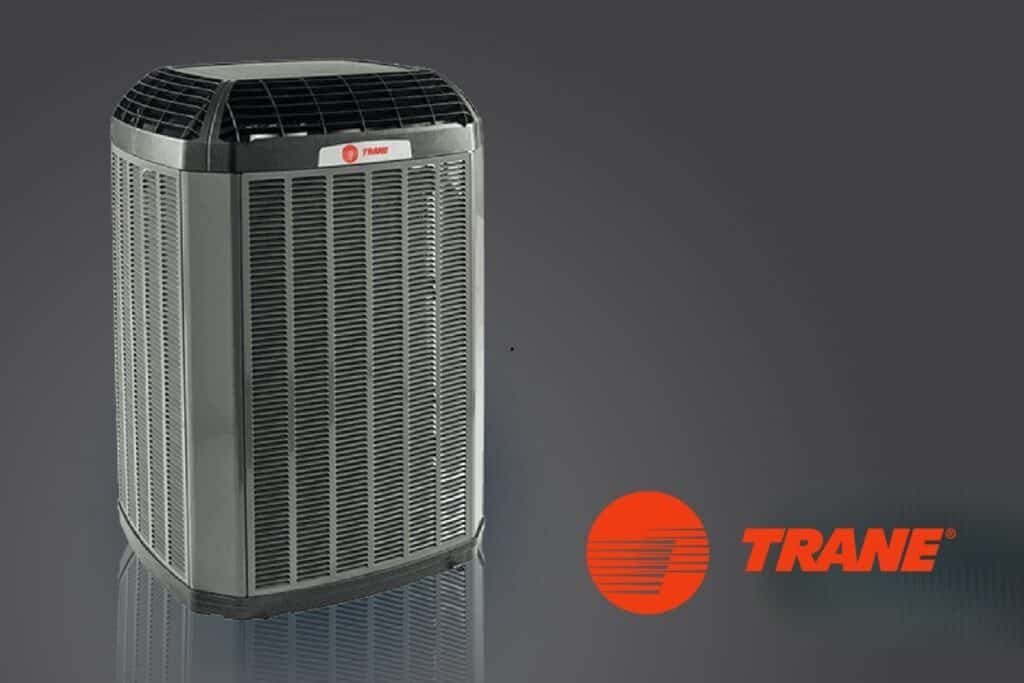
Key Strengths (aligned with CR's focus): Good reliability scores, durable components, effective heating and cooling performance.
Considerations: Can be on the pricier side, and some older models might be slightly less efficient in extreme cold compared to dedicated cold-climate heat pumps like Mitsubishi's top tiers.
Carrier / Bryant
Another pair of sister companies, Carrier and Bryant are long-standing leaders in the HVAC industry, consistently offering a broad portfolio of heat pumps. Consumer Reports surveys often show them with above-average reliability and good owner satisfaction. They offer sophisticated controls (like Carrier’s Infinity system) that maximize efficiency and comfort.
Key Strengths (aligned with CR's focus): Wide range of options (single-stage, two-stage, variable-speed), good efficiency, and reputable dealer networks.
Considerations: Premium models can be expensive, and optimal performance often depends on matching components within their proprietary systems.
Lennox
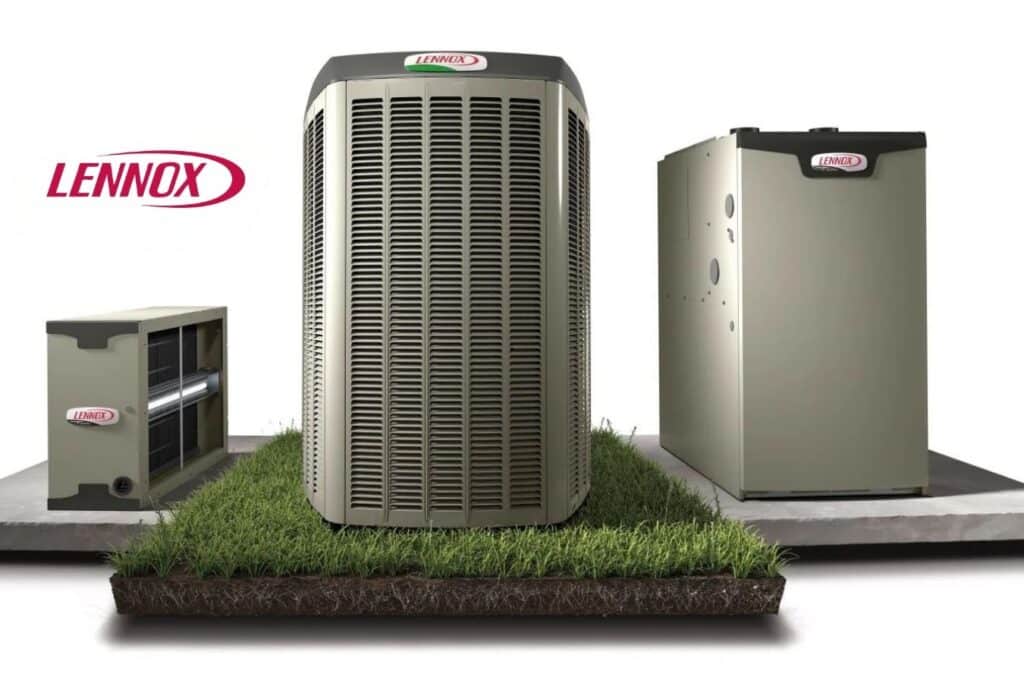
Lennox is known for its premium, high-efficiency products, often at the cutting edge of HVAC technology. Their variable-speed heat pumps, such as those with “Greenspeed Intelligence,” are designed for maximum comfort and energy savings. Consumer Reports has noted their strong performance in efficiency and quietness.
Key Strengths (aligned with CR's focus): Very high efficiency ratings, quiet operation, advanced smart controls.
Considerations: Often among the most expensive brands, which can be a barrier for some budgets.
Rheem / Ruud
These sister brands offer a solid balance of reliability, efficiency, and value. Consumer Reports has given them respectable marks for reliability. They are often a strong mid-range option for homeowners looking for reliable performance without the top-tier price tag of some premium brands.
Key Strengths (aligned with CR's focus): Good reliability for the price point, decent efficiency options across their lineup.
Considerations: While reliable, they might not always offer the absolute highest efficiency or most advanced features compared to the top-tier brands.
Key Factors Consumer Reports Emphasizes in Heat Pump Evaluation
Beyond brand names, Consumer Reports continually educates consumers on the crucial technical specifications and features to prioritize when selecting a heat pump:
- Efficiency Ratings (SEER2, EER2, HSPF2, COP):
- SEER2 (Seasonal Energy Efficiency Ratio 2): Measures cooling efficiency. Higher numbers mean greater efficiency. New minimum standards for 2023 significantly increased minimum SEER ratings to SEER2 (e.g., 13.4-14.3 SEER2 depending on region). CR advises looking for 18 SEER2 or higher for significant energy savings.
- HSPF2 (Heating Seasonal Performance Factor 2): Measures heating efficiency. Higher numbers indicate better heating efficiency. A good HSPF2 is 8.5 or higher; top models can reach 10-12+.
- COP (Coefficient of Performance): Often used for overall heating efficiency, especially for cold-climate and geothermal units. A COP of 3 means the heat pump produces 3 units of heat for every 1 unit of electricity consumed. CR highlights models with strong COPs at various temperatures.
- Cold-Climate Performance: This is increasingly vital. CR focuses on how well a heat pump maintains its heating capacity and efficiency at very low temperatures (e.g., 17°F/-8°C, 5°F/-15°C, and even -15°F/-26°C). Variable-speed compressors and enhanced vapor injection (EVI) technology are features that enable superior cold-climate performance.
- Noise Levels: Both indoor (for mini-splits) and outdoor unit noise are significant comfort factors. CR’s testing includes objective noise measurements, and their owner surveys capture subjective experiences. Look for models with decibel (dB) ratings listed, typically below 70 dB for outdoor units and below 40 dB for indoor units. Variable-speed compressors often contribute to quieter operation.
- Reliability and Warranty: CR’s predicted reliability scores are paramount. A heat pump is a long-term investment; frequent breakdowns erase any energy savings. Pay attention to comprehensive warranties, especially on the compressor (the heart of the unit), which ideally should be 10-12 years. Some manufacturers offer limited lifetime compressor warranties.
- Variable-Speed Technology: Consumer Reports consistently recommends variable-speed (or inverter-driven) compressors over single-stage or two-stage models.
- Benefits: Superior energy efficiency (as they constantly adjust output to match demand), more precise temperature control (fewer hot/cold spots), better humidity removal, and quieter operation.
- Cost: While more expensive upfront, the long-term savings and enhanced comfort often justify the investment.
- Smart Controls and Connectivity: Integrated smart thermostats (like Ecobee or Nest) or proprietary smart control systems from manufacturers (like Carrier Infinity or Lennox iComfort) allow for remote monitoring, scheduling, energy usage tracking, and integration with smart home ecosystems. CR factors the intuitiveness and functionality of these controls into their ratings.
- Sizing and Installation Quality: This is a crucial point that Consumer Reports, and virtually every HVAC expert, hammers home: even the “best” heat pump brand or model will perform poorly if it’s not properly sized and professionally installed.
- Sizing: An oversized unit will “short-cycle” (turn on and off too frequently), leading to poor efficiency, inadequate humidity removal, and premature wear. An undersized unit won’t keep your home comfortable on extreme days. A qualified contractor performs a Manual J load calculation to determine the precise heating and cooling needs of your home.
- Installation: Correct refrigerant charge, proper duct sealing, optimal placement of units, and accurate electrical connections are critical for efficiency, reliability, and safety. CR often warns that a bad installation can ruin even the highest-rated equipment.
While Consumer Reports provides invaluable guidance on reliable brands and top-performing models, the “best” heat pump for your home is a personalized decision. It’s a synthesis of:
- Your Climate: If you live in a truly cold climate, prioritizing models with excellent low-temperature performance (high HSPF2 at -15°C/5°F) is paramount.
- Your Budget: Balance upfront costs with potential long-term energy savings and available government rebates (which can significantly alter the true cost of ownership).
- Your Home’s Characteristics: Existing ductwork, insulation levels, and specific layout will influence the type of system (ducted, ductless, or hybrid) that is most suitable.
- Your Priorities: Is ultra-quiet operation your top concern? Or maximum energy savings? Or robust reliability above all else?
- The Installer: This cannot be stressed enough. A top-tier brand installed by a mediocre contractor can underperform a mid-tier brand installed by a highly skilled professional. Always seek multiple quotes from licensed, reputable HVAC companies with strong local references and experience with heat pumps.
Consumer Reports serves as an indispensable guide in the complex world of HVAC, especially for heat pumps. By understanding their rigorous testing methodologies and focusing on their key evaluation criteria—reliability, efficiency, and real-world performance—consumers are empowered to make informed decisions that lead to comfortable homes, lower energy bills, and a greener footprint for years to come.
